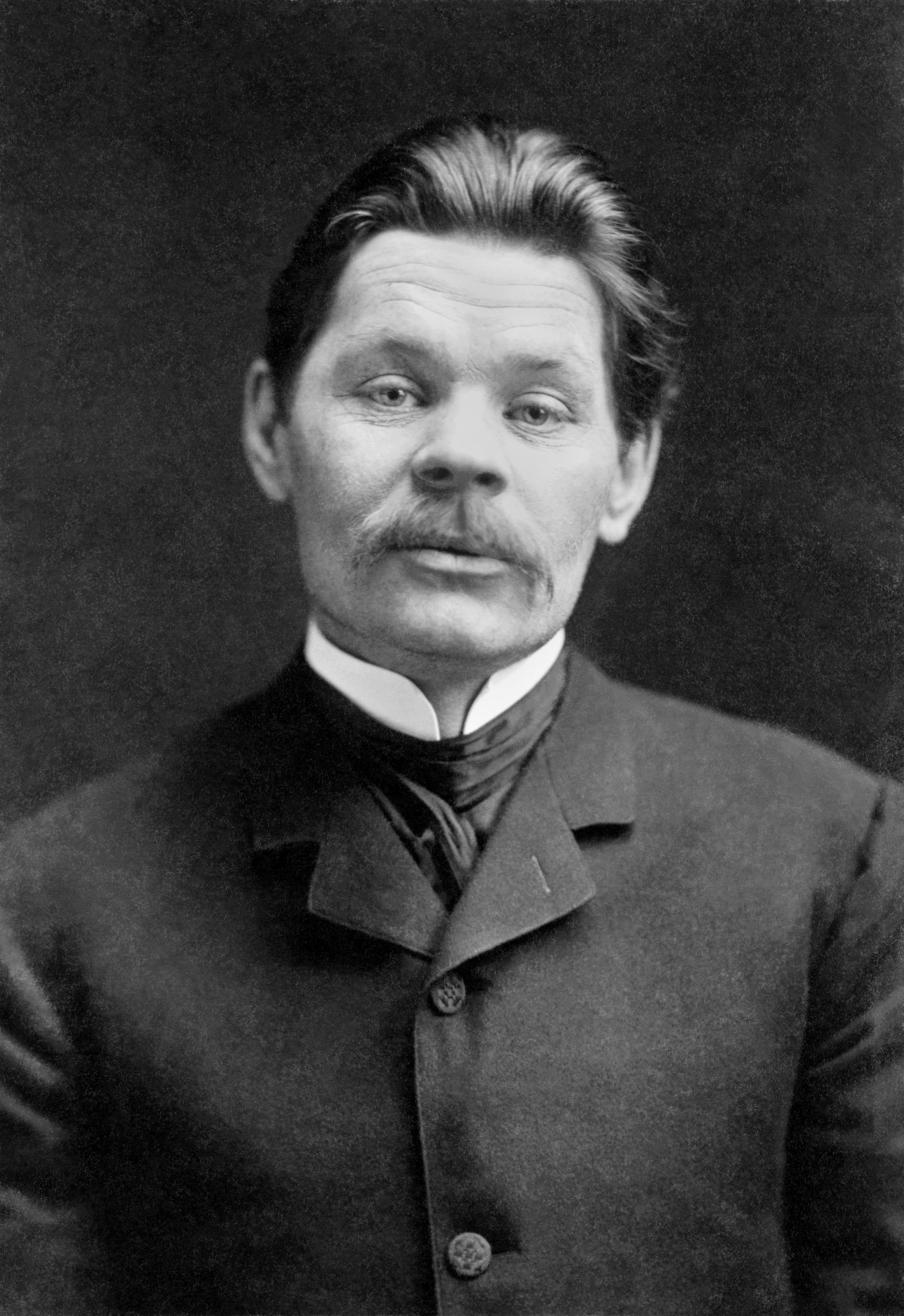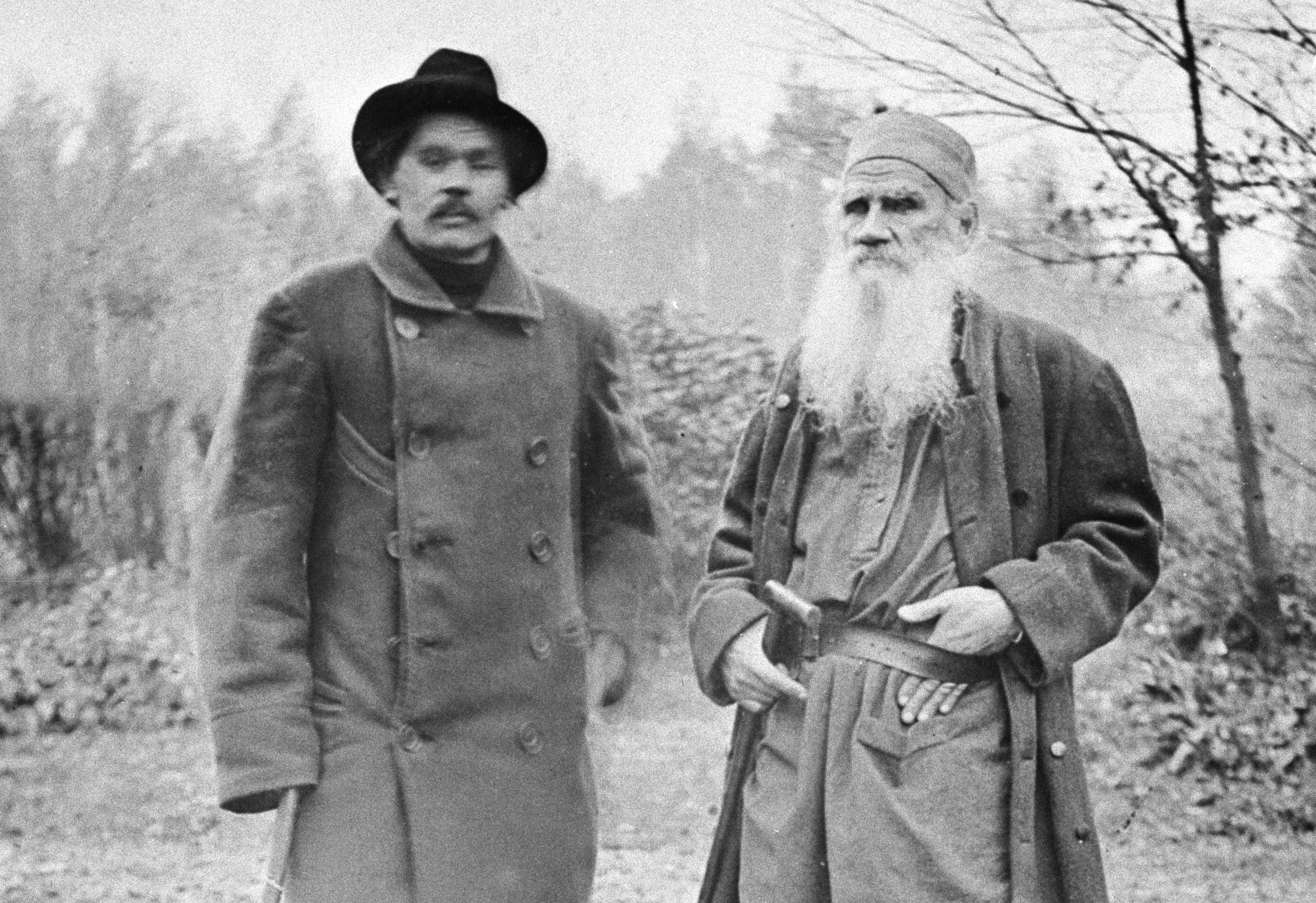Gorki, Maxim << GAWR kee, mahk SEEM >> (1868-1936), was a Russian novelist, playwright, and short-story writer. Gorki vividly portrayed the poverty of peasants and workers, as well as the decay and narrow-mindedness of the middle class before the Communist Revolution of 1917. The Lower Depths (1902), Gorki’s most popular play, describes the miserable lives of the inhabitants of a cheap boarding house. His most famous novel, The Mother (1907), tells the story of an old peasant woman who is converted to the revolutionary cause.

Gorki was born in March 1868 in Nizhniy Novgorod, later renamed Gorki in his honor. His real name was Alexey Maximovich Peshkov. He took the pen name Gorki (also spelled Gorky), a Russian word meaning bitter, to express his criticism of the Russian political and social order. Gorki had only a few months of schooling and was largely self-educated. He roamed throughout Russia, going from job to job. He described his wanderings masterfully in his three-volume autobiography—Childhood (1913), In the World (1916), and My Universities (1923). During his travels, he wrote stories based on his experiences and the people he met. By the late 1890’s, Gorki was internationally famous. In the early 1930’s, he helped institute the Soviet doctrine of literature and art called Socialist Realism.

Gorki died unexpectedly on June 14, 1936, while undergoing medical treatment. The Soviet authorities accused his doctors of poisoning him. But the true circumstances of his death remain unknown.
